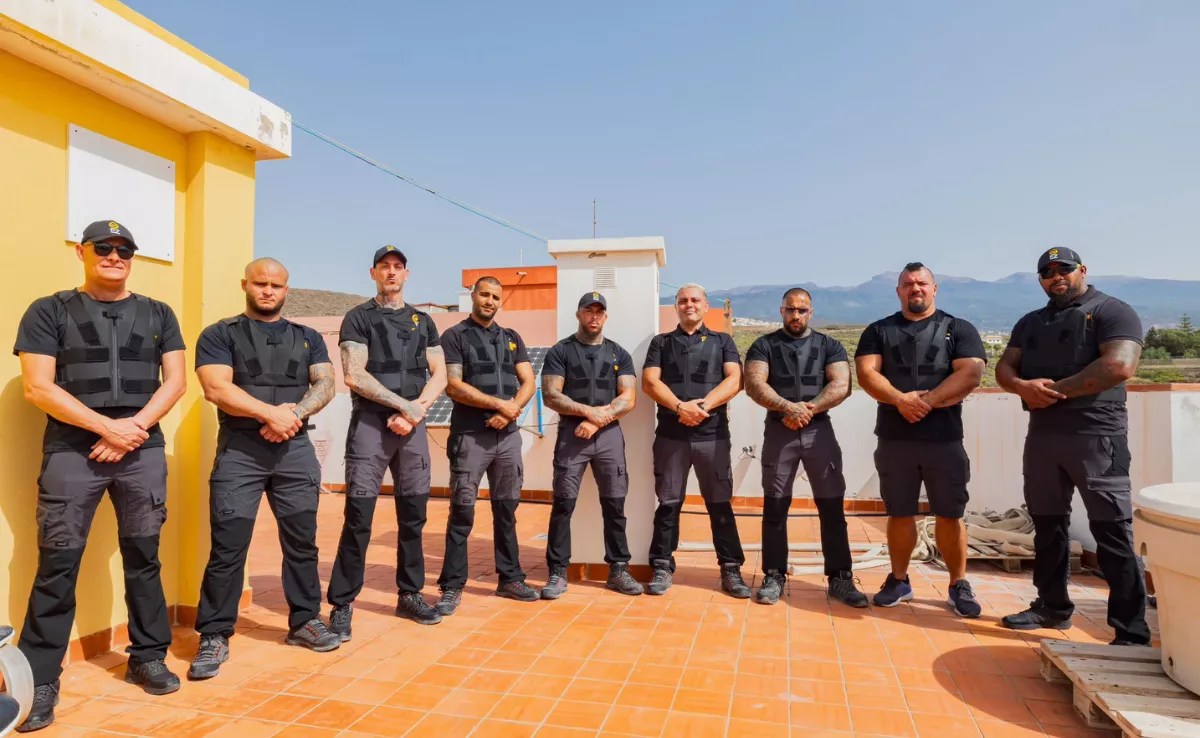The political parties CC, PP, and PSOE in Tenerife’s council have reached an agreement this Friday, with Vox abstaining, to pass a final fee scheduled to take effect on January 1, 2025. This fee will be applied for services in the protected natural areas of Tenerife to enhance their conservation and protection, along with conducting the necessary preliminary studies.
The agreement, derived from a proposal by CC and PP modified by the socialists to set a specific date, also includes initiatives to encourage a “more sustainable management” of natural areas and implement access control and quantitative restrictions based on their capacity.
President of the Socialist Group, Pedro Martín, has criticized the ruling group for previously introducing an entire amendment to their motion. They were looking to implement an ecotax for non-resident overnight stays which was rejected.
He has accused the council of “deception” by avoiding debates with a lack of “political flair” and has argued that charging for access to natural areas should not be labelled as an eco-tax, especially as it would be challenging to implement in the Teide National Park due to a road running through it.
Martín pointed out that a fee per overnight stay would not “bankrupt” any tourist destination and defended it against the proposal by the President of the Canary Islands, Fernando Clavijo, to raise the IGIC on overnight stays, as it could fuel inflation.
The spokesperson for the Socialist Group, Aarón Afonso, acknowledged that tourism is the “driving force” of the island’s economy, nurturing wealth creation. However, he recognises the need for a “listening” phase following public demonstrations on April 20 expressing citizen discontent.
Within this context, he highlighted that with “historic figures” in tourist arrivals and revenue, it’s time to introduce a tax targeting non-resident overnight stays in tourist accommodation.
Lope Afonso, Vice President of the Council and Minister of Tourism, sarcastically remarked that the PSOE have discovered the “Rosetta Stone” to solve the island’s issues with an ecotax for overnight stays, branding this discussion as an “inconsistency” in their own management. “They are backtracking,” he highlighted.
He stated that their motion is not driven by “conviction” but rather as a form of “redemption” towards part of their electorate since despite including the proposal for an ecotax in their 2019 election programmes, it was never implemented, not even explored in a study process.
Afonso emphasized that the PSOE’s proposal is indeed “a tax” but they are masking it with a different name. According to him, the council’s model is focused on enhancing visitor experience and aiding in conservation efforts.
Ruano: “The green levy is not the answer but a political stance of the socialists”
According to José Miguel Ruano, the spokesperson for the Nationalist Group, the solution to all the island’s problems is not as straightforward as implementing an ecotax for overnight stays. Therefore, he considers the upcoming conference of council presidents on Tuesday as an ideal moment to establish a definitive model that can enhance the quality of life.
Ruano firmly believes that the notion of this tax rectifying the imbalance caused by demographic growth, infrastructure, and service provision is misleading. He vehemently asserts that it would be unjust to solely blame tourism for these challenges.
Ruano has interpreted the PSOE’s proposal as a reactionary measure to the recent protests and has called upon the Granadilla City Council, among others, to reclassify urbanizable land as rustic to safeguard the coastline.
In Ruano’s perspective, “the green levy is not the ultimate solution but rather a symbolic gesture by the socialists, and more attention should be given to addressing demographic expansion.”
Ana Salazar (Vox) has criticised the PSOE for their previous failure to pass a tourist tax and accused them of now bringing it up solely out of opportunism, without providing viable alternatives to manage the land’s burden.
She highlighted, “Their primary interest is to generate revenue,” while pointing out that the PSOE tends to vilify tourism as the root cause of the island’s issues.














